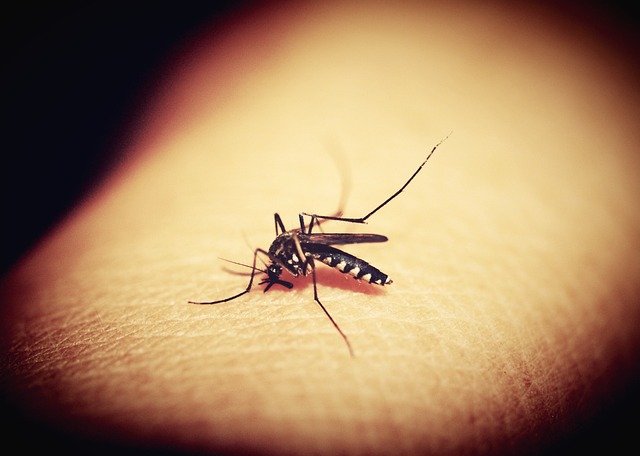Despite their robust appearance, children are still classified among at-risk populations, alongside pregnant women and the elderly, who may have compromised immune systems. It’s essential to understand the fundamentals of food safety, sanitation, and storage to prevent food-borne illnesses, particularly during hot weather.
Understand the “danger zone.” Temperatures between 4 to 60°C (40 to 140 °F) provide an ideal environment for food-borne bacteria to flourish. Bacteria multiply rapidly within the range, particularly between 21 and 47 °C (70 and 117 °F). It’s crucial never to leave food, whether groceries or cooked meals, at room temperature for more than one hour, especially when the outdoor temperature is 32 °C (90 °F) and above.
- Be aware of foods that are especially hazardous inside the danger zone. These include:
– Meat, fish, poultry and shellfish
– Dairy products
– Eggs and other protein-rich foods (tofu, tempeh, etc.)
– Cut or peeled fresh produce
– Cooked vegetables, beans, rice and pasta
– Sprouts (bean, alfalfa, sunflower, etc.)
– Sauces, such as gravy
– Any foods containing the above (salads, sandwiches, casseroles, quiches, etc.) - Ensure cold items stay chilled. At the grocery store, prioritize grabbing frozen goods and perishables like dairy, eggs, meat, and fish just before checkout to maintain their freshness. During hot weather, request that store personnel pack meat and seafood with ice, or use a cooler bag with ice packs to transport them home safely. Store cold foods correctly at home, ideally in a refrigerator set below 4 °C (40 °F) to extend their shelf life.
- Maintain hot food at temperatures of 60 °C (140 °F) or higher to prevent bacterial growth. Promptly refrigerate any remaining hot food within 1 to 2 hours after cooking to minimize the risk of bacterial contamination. When traveling, utilize a thermos to preserve the warmth of hot foods while on the move.
- Exercise caution to prevent cross-contamination. While grocery shopping, ensure that raw proteins and eggs are kept separate from other food items. At home, maintain this separation in the refrigerator and utilize distinct cutting boards for meat, poultry, fish, and produce. When serving cooked foods, use clean plates, avoiding those that previously held raw meat or poultry to prevent the transfer of bacteria from raw meat juices.
- Prioritize thorough washing, beginning with your hands and repeating the process before, during, and after food preparation. According to the US FDA, thoroughly scrub all produce with water before cutting, peeling, or cooking. Avoid rinsing raw poultry and other proteins, as this can spread bacteria to your sink, kitchen counter, and other surfaces.
- When uncertain, discard it. Trust your senses, but avoid tasting the food to check if it’s still edible, as bacteria causing food poisoning cannot be detected by taste. If the food exhibits an unusual smell, slimy texture, or stickiness, it’s likely spoiled and should be discarded.





